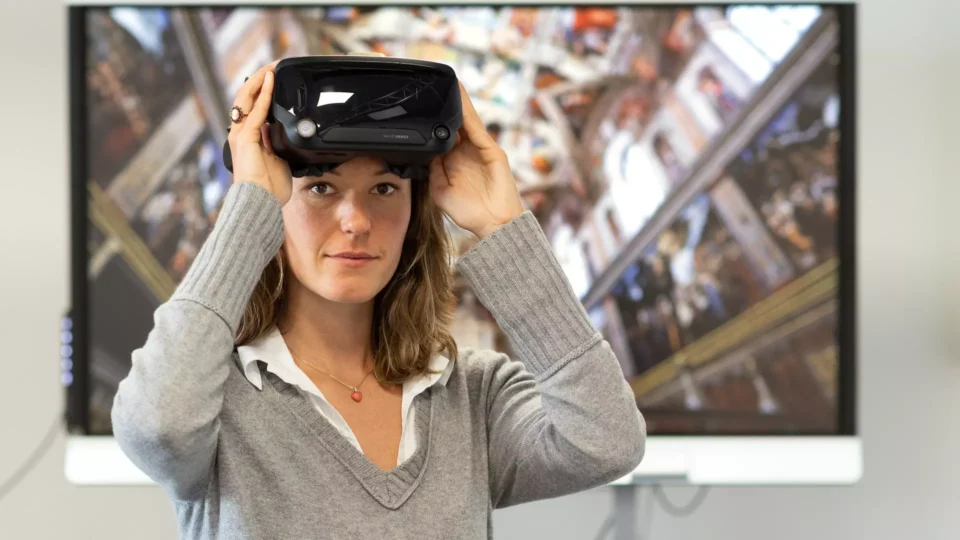
Enkelejda Kasneci
Ensuring that technology is designed with human-centered principles in mind has never been more important. My research focuses on human-centered technologies, emphasizing the crossroads between multimodal interaction and cutting-edge technological tools like VR, AR, and eye-tracking methodologies.
We incorporate AI to foster and facilitate the emergence of innovative learning paradigms and interactive systems that can revolutionize how we learn and interact with media and assistive technologies in our everyday lives. As an academic editor for PlosOne and a committee member for major conferences and journals, I am dedicated to advancing research in multimodal HCI, Human-Centered AI, Educational Technologies, and Eye-Tracking.



